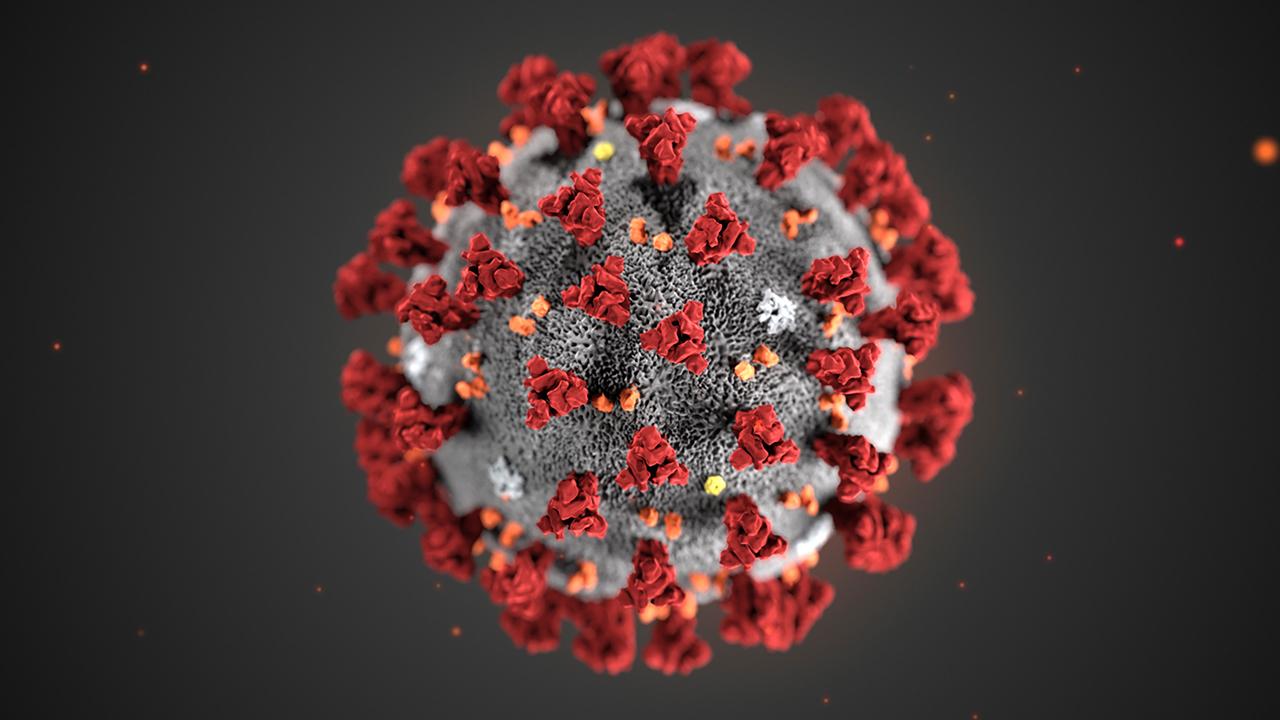Coronavirus crisis -- How CFTC is tackling major economic threat: Chairman Tarbert
Despite the record volatility, the derivatives markets have been quite resilient
Even on a typical day, the U.S. derivatives markets see more than $4 trillion in notional trading activity. But with the coronavirus pandemic rocking global markets, the last few weeks have been anything but typical. At a minimum, we are now confronting the biggest economic threat since the Great Recession.
Yet despite the historic levels of volatility seen in recent weeks, Americans are relying on derivatives markets more than ever. The number of futures, options, and swaps contracts and trades has surged to an all-time high. Businesses—from farmers and ranchers to manufacturers to small banks—use our markets to protect themselves from risk, something that is now in abundant supply.
DOW CRATERS BELOW 19,000 AS MARKET PLUNGE WIPES OUT TRUMP-ERA GAINS
As Chairman and Chief Executive of the Commodity Futures Trading Commission (CFTC), I lead the federal agency charged with providing sound regulation of the U.S. derivatives markets so they continue to have the integrity, resilience, and vibrancy on which Americans and the rest of the world depend. The coronavirus has raised the stakes, and we at the CFTC are tackling this challenge head-on.
Monitoring the health of our markets
It may seem counterintuitive, but despite the record volatility, the derivatives markets have been quite resilient. We know this thanks to the advanced monitoring and surveillance tools we deploy on a daily basis that enable us to know what is going on throughout the trading day.
The CFTC is coordinating closely with our exchanges to monitor individual market infrastructures to ensure trading continues and all financial obligations are met. We are especially focused on the critical “pipes” at the clearinghouses through which trades are margined and settled. We are also checking regularly with our registrants to make sure they are protecting customer assets and meeting their financial obligations.
Market infrastructures continue to operate seamlessly. Clearinghouses have issued—and brokers and dealers have all met—margin calls occurring multiple times each day. Meanwhile, circuit breakers, the “limit down” mechanism, and other safeguards have helped mitigate volatility. The value of investments may have dropped significantly, but the markets have not frozen as some did in 2008.
We are also maintaining clear and frequent communication with all relevant stakeholders, including Congress and our fellow financial regulators here in America and overseas. Information-sharing agreements among domestic and foreign regulators—largely uncommon a decade or two ago—are now vital channels for coordinated action.
CORONAVIRUS -- US NEEDS A 'SHOCK AND AWE' FISCAL RESPONSE INCLUDING BOLD INFRASTRUCTURE INITIATIVES
And because bad actors may take advantage of these turbulent times to manipulate markets or prey on nervous investors, we continue to surveil our markets aggressively for potential misconduct. The CFTC has also issued a customer advisory to raise the general public’s awareness about potential signs of coronavirus-related fraud.
Providing flexibility through targeted relief
The disruptions the coronavirus has presented the financial industry with are global in scope. In response, many exchanges, clearinghouses, and market participants have activated their business continuity plans as required by our regulations.
But social distancing has created novel hurdles to complying with regulatory requirements that were written with traditional, centralized offices in mind. For instance, teleworking traders may not have access to recorded phone lines, which the CFTC otherwise requires when brokers take customer orders by phone.
As a result, our agency is providing temporary relief from some recordkeeping and operations requirements. We also are extending deadlines for some reporting so that personnel at financial firms can focus on continuing operations. In addition, the Commission voted unanimously this week to extend temporary margin relief for market participants with the smallest uncleared swaps portfolios. We will consider what other relief is necessary to ensure the continued functioning of our markets.
TRUMP MAY SEND AMERICANS CASH RELIEF: HOW BIG COULD CHECKS BE?
Maintaining liquidity in our markets during this volatile period is our primary concern. This relief, however, cannot come at the expense of good behavior in the markets.
Remaining undeterred on our strategic goals
While responding to coronavirus-related market disruptions has become our primary focus, the important policy work of our agency will go on. In this environment, we may need to change the way our agency does business in the near term, but we will not alter the substance of that business.
GET FOX BUSINESS ON THE GO BY CLICKING HERE
The CFTC will hold “virtual” open meetings to vote on new proposals and final rulemakings. We will continue negotiations with our European and other regulatory counterparts to reduce market fragmentation and enhance international comity. We will bring enforcement actions against wrongdoers who break our rules. And we will continue to promote responsible fintech innovation.
There is no doubt in my mind America will overcome this challenge. That is what we have always done. With the efforts underway at the CFTC, the global marketplace can continue to rely on U.S. derivatives markets to manage risk with or without the coronavirus.
Heath P. Tarbert is chairman and chief executive of the Commodity Futures Trading Commission. The views expressed above are his own and do not necessarily reflect the views of the commission or CFTC staff.




















